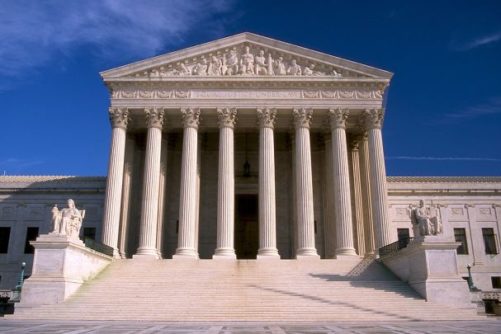
On today’s Bible Answer Man broadcast (06/19/20), Hank discusses the ramifications of Monday’s U.S. Supreme Court decision to include sexual orientation and gender in the legal meaning of the word “sex.” Among other consequences, the decision undermines privacy and undercuts opportunities for women in the workplace; it ignores biological realities and prohibits particular limits on sexual behavior thereby threatening freedom of conscience, religion, and speech; and it undermines historic biblical maxims, replacing them with newly devised critical theory formulations.
Hank also addresses the question, “What is salvation?” Nicholas Cabasilas wrote in a remarkable work titled Life in Christ, “The Lord allowed men, separated from God by the triple barrier of nature, sin, and death, to be fully possessed of Him and to be directly united to Him by the fact he has set aside each barrier in turn: that of nature by His incarnation, of sin by His death, and of death by His resurrection.” The first barrier, that of our nature, Jesus removed by way of His Virgin Birth. Thus, we may rightly say with St. Athanasius, “God was made man that we might be made God.” This is what is referred to in Christian parlance as “the exchange formula” of salvation. As Saint Irenaeus explained: “The Word of God, our Lord Jesus Christ, through His transcendent love, became what we are, that He might bring us to be even what He is Himself.” Saint Gregory carefully qualified deification by explaining that though human beings partake “of the properties of divinity,” they never attain to God’s “identity of nature.” As such, deified humankind can never cross the barrier that separates them from the Trinity. The second barrier, that of sin, Christ set aside by His death. “Led like a lamb to the slaughter,” Jesus “bore the sins of many, and made intercession for the transgressors.” The third barrier, that of death, is forever swallowed up through resurrection. If Christ had not Himself been resurrected, the promise that He will resurrect us would be as empty as the tomb certifying its fulfillment.